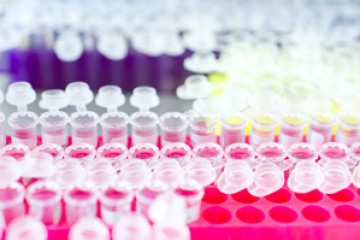Project grant
Myocardial slices to study cardiovascular disease in vitro

At a glance
Completed
Award date
January 2020 - June 2023
Grant amount
£461,157
Principal investigator
Professor Cesare Terracciano
Institute
Imperial College London
R
- Reduction
Read the abstract
View the grant profile on GtR
